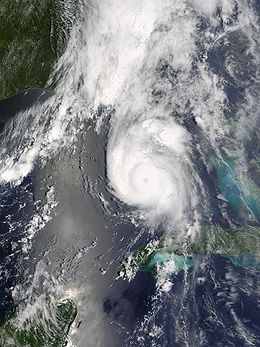
Jugglers are just one of the many entertainers we pay to generate anxiety. As if we don’t have enough anxiety already, we watch death-defying circus acts and terrifying movies that keep us on the edge of our seats. Perhaps it’s a type of catharsis for us: seeing others under more pressure or in worse situations than we are facing may make us feel better. But I’ll leave that to the trained psychologists.
Back to jugglers. They begin juggling a few harmless, ordinary balls, but then toss in a knife, then an ax, then a bowling ball—and we are just hoping they don’t cut off a finger or drop that ball on their toes. I can’t imagine doing what they do— until it comes to spinning plates. When I see a juggler spinning plates I feel like they are talking directly to me.
Spinning plates is what I do! I have lots of energy and very high expectations (we can talk about my Enneagram sometime, if you like…) and get too many plates spinning. It’s no surprise that I can get stressed running back and forth to all the wobbling projects just about to fall.
The good news is that I don’t waste much time on cheap plates. I am spinning many fine pieces of porcelain projects. Right now I’m spinning intentional preaching plans and vision plans, as well as leadership development and coaching plans for several different situations. I spin the usual you-gotta-do-this-to-keep-your-job plates. Oh, and I have a goal for publishing this blog and some other new materials. And did I mention that I’m a husband, father, grandfather and friend? Lot of plates. But you likely have as many.
So here’s the question: What do you do when you’re over-extended, especially with projects you are really interested in doing?
First, look at what’s “driving” each plate. Why did you choose to spin this plate? There are a number of commendable motives. The key is that you affirm that validity of that particular plate. It may not be a plate you would choose (like caring for a loved one with chronic illness), but you know it’s what you are called to do at this time. On the other hand, it may feel a plate imposed on you that you could choose to put down. I think of the pressure Jesus felt to meet expectations for performing miracles. When pressured, he refused to spin such plates (Matthew 12:39).
Second, give yourself permission to put one or two aside for the time being—as in my pause from blog writing. The world didn’t end when I didn’t publish weekly (though I’m sure many were just heart-broken not to have a nugget of wisdom from me… right?) I disappointed myself, but realized that there are seasons not only in the climate, but in life. Ecclesiastes 3:1-11 speaks of these varied seasons:
“There is a time for everything, and a season for every activity under the heavens: 2 a time to be born and a time to die, a time to plant and a time to uproot… 5 a time to scatter stones and a time to gather them… 6 a time to search and a time to give up, a time to keep and a time to throw away, 7 … a time to be silent and a time to speak…”
Third, manage your expectations for each plate. This is where your journal and a great listening partner come in handy. As you might have guessed, I feel compelled to give everything my best effort. I’ll never forget my annual personnel review when one of the elders, Wally, said to me, “Doug, we’re very pleased with your work—but also concerned.” “Concerned?” I responded with genuine alarm. “Yes, concerned. You need to learn that not everything deserves ‘A’ effort. We’re not grading you, but you need to figure out a way to get a few ‘C’s,’ or you’re going to burn out.”
Fourth, savor the present moment. Plate spinners are most alive in the spinning. There will always be more plates and poles and opportunities to spin. Welcome Jesus’ invitation to focus on now.
“Give your entire attention to what God is doing right now, and don’t get worked up about what may or may not happen tomorrow. God will help you deal with whatever hard things come up when the time comes” (Matthew 6:34 The Message).
Gotta’ run– there’s a wobbler that needs some attention!



